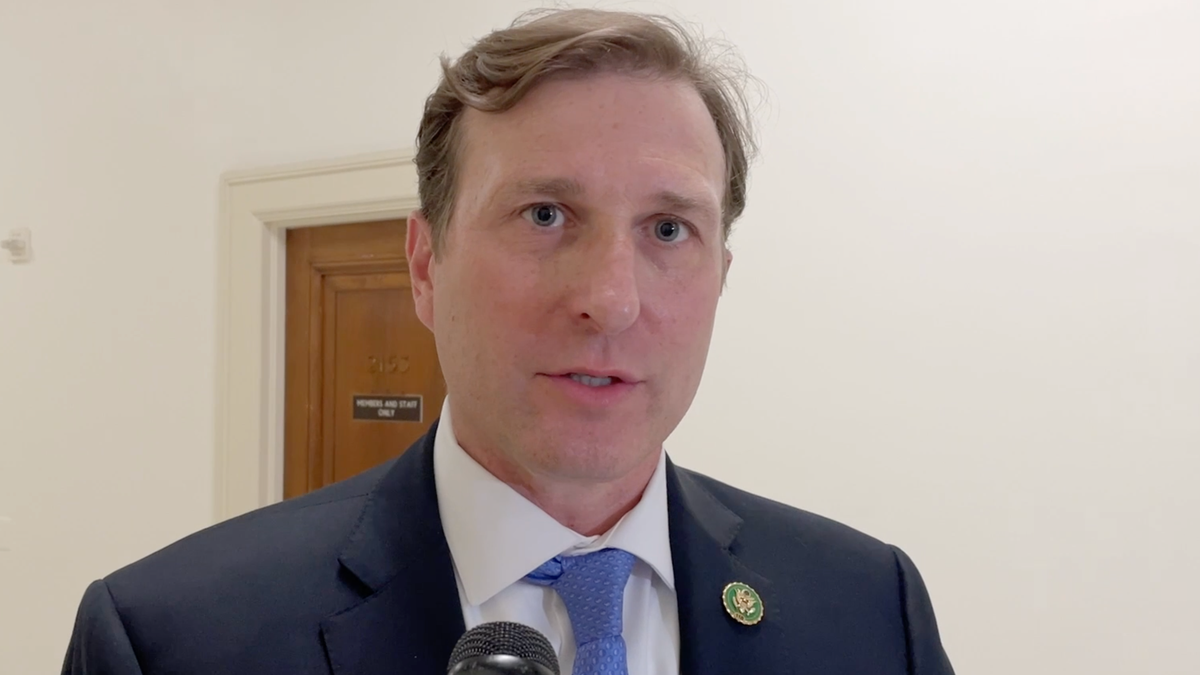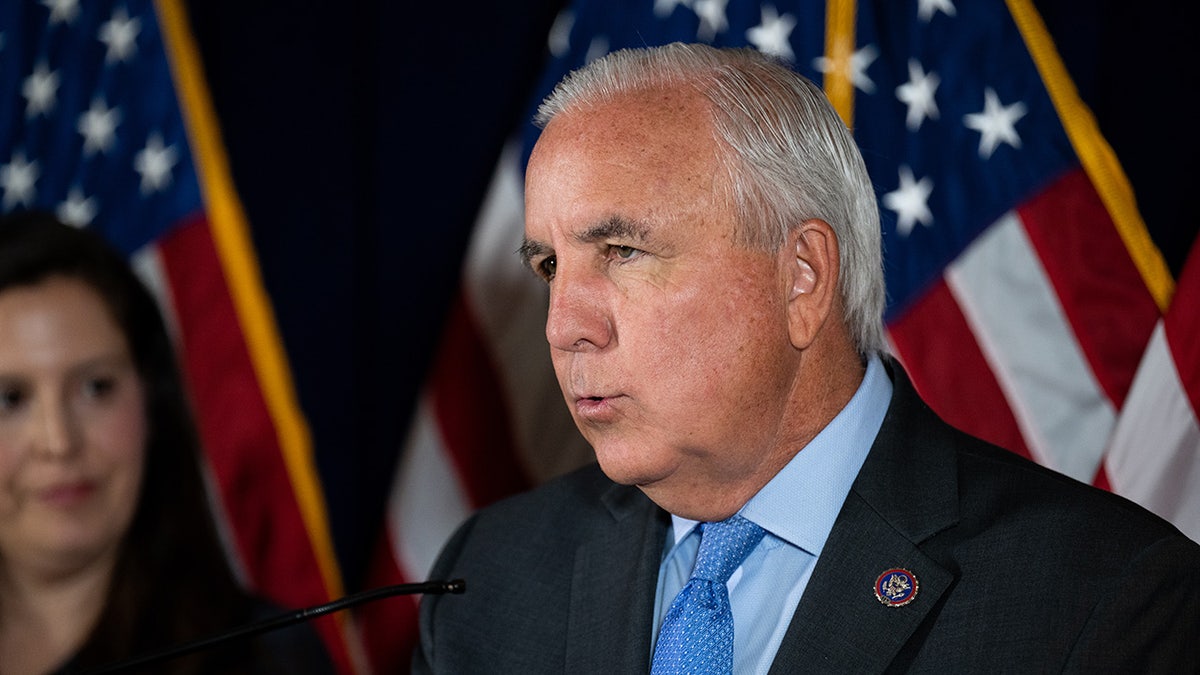North Carolina officials have once again postponed the launch of a specialized managed care program designed for Medicaid beneficiaries with behavioral health, intellectual, or developmental disabilities. This program, known as "tailored plans," was initially slated to begin on December 1st of last year and has been delayed multiple times, most recently from October 1st. The state's Department of Health and Human Services (DHHS) announced the latest delay, stating that a new start date is yet to be determined.
Several factors have contributed to these postponements. The DHHS has cited challenges in securing sufficient contract service providers for this specific population and technical difficulties encountered by the regional behavioral health organizations that will manage the care coordination. While the DHHS acknowledges progress on the technical front, gaps in provider networks persist. Furthermore, obtaining the necessary legislative support from state lawmakers to effectively implement the tailored plans remains an ongoing process.

The ongoing state budget negotiations, which have yet to produce a finalized budget for the fiscal year beginning July 1st, have further complicated matters. The budget includes crucial Medicaid funding, and its delay necessitates postponing the tailored plans. The DHHS explained that this delay avoids potential confusion for the approximately 160,000 individuals who would have received notifications about the program changes later this month. The agency reaffirmed its commitment to implementing the tailored plans eventually.
During this delay, individuals who qualify for tailored plans, including those with traumatic brain injuries, will continue to receive care through their existing plans. It's important to note that this delay does not directly impact the Medicaid expansion law signed by Governor Roy Cooper in March, which aims to extend coverage to a significant number of low-income adults. However, the expansion's implementation hinges on the enactment of a state budget law.
House Speaker Tim Moore recently indicated that House and Senate Republicans are still working to reach a consensus on a two-year budget. Key sticking points include the scope of future tax cuts and the allocation of funds for capital projects.








